
Bots, #StrongerIn, and #Brexit
Computational Propaganda During the UK–EU Referendum
Read offline
Recommendation
On June 23, 2016, voters in the United Kingdom changed the course of their history when they voted to leave the European Union. Pundits claim social media played a vital role in this unexpected outcome. In this analysis, researchers Philip N. Howard and Bence Kollanyi discuss the prevalence of “political bots” that produced Brexit-related content on Twitter between June 5 and June 12, 2016. They provide evidence for the rise in political bots on Twitter during periods of political strife. Their precursory study firmly sets the stage for what will surely become a growing field of research for years to come. getAbstract recommends this report to those interested in the intersection of big data, automation, social media and public policy.
Summary
About the Authors
Philip N. Howard is a sociologist and communication researcher at the University of Oxford’s Oxford Internet Institute. Bence Kollanyi is a PhD candidate in sociology at Corvinus University of Budapest.


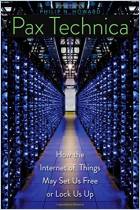
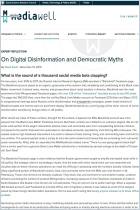

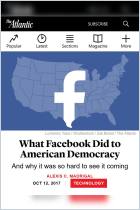
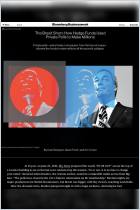
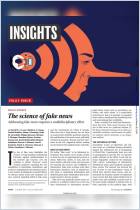
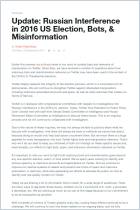





Comment on this summary